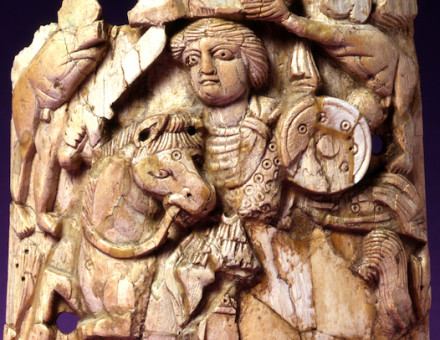Liberalism
Peter Clarke presents a review of the historiography on the topic.
Liberalism enjoyed its golden age in nineteenth-century Britain. Since the publication of the distinguished book by John Vincent, The Formation of the Liberal Party (Constable, 1966) we can see that its unique strength rested upon the fusion of three elements: an elite parliamentary tradition which derived from the Whigs, a popular radical following drawing upon the remnants of Chartism and the Anti Corn Law League, and finally Mr Gladstone. Under Gladstone the Liberal party established itself as a mass party, supported not only by the middle classes but by large sections of the respectable working class enfranchised from 1867. The capture of organised labour by the Liberal leadership is brought out in Royden Harrison, Before the Socialists (Routledge and Kegan Paul, 1965). The other main section of popular support lay in Nonconformity, which produced active but awkward allies for Liberal causes.





